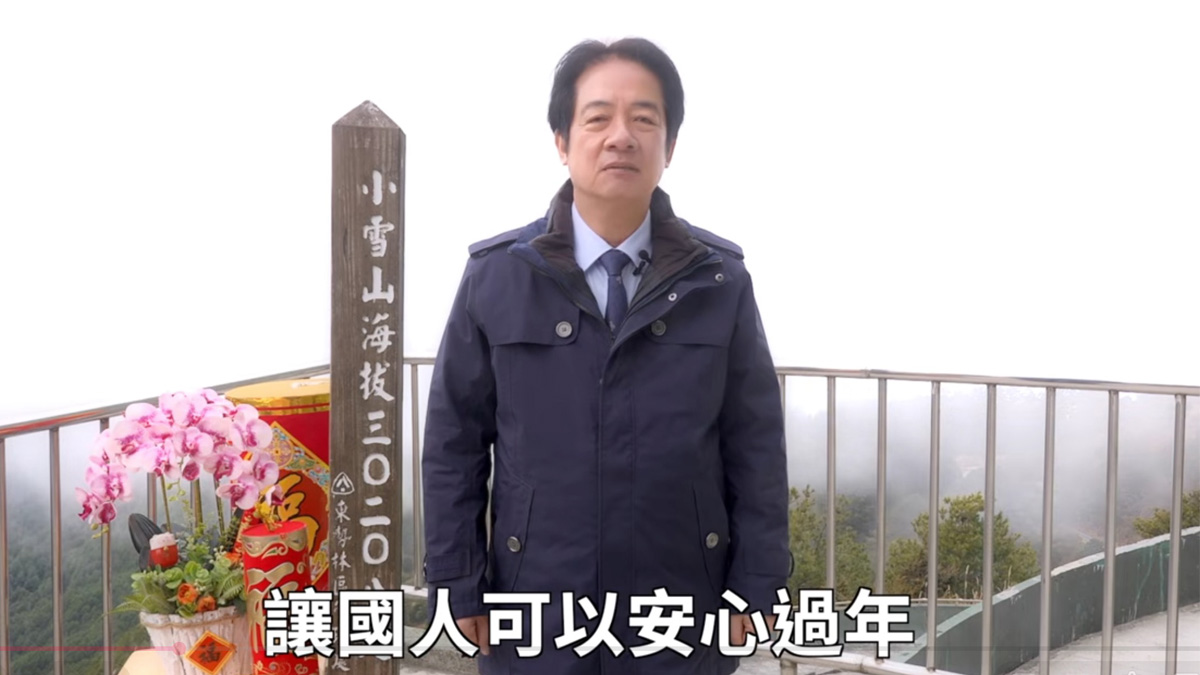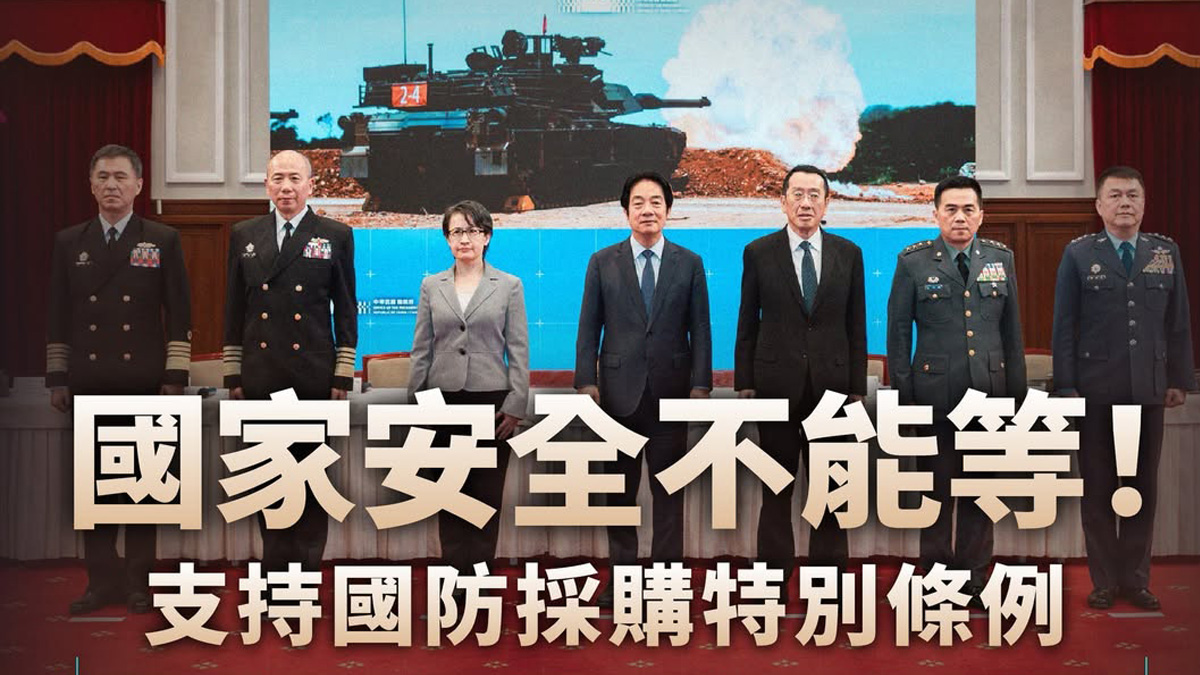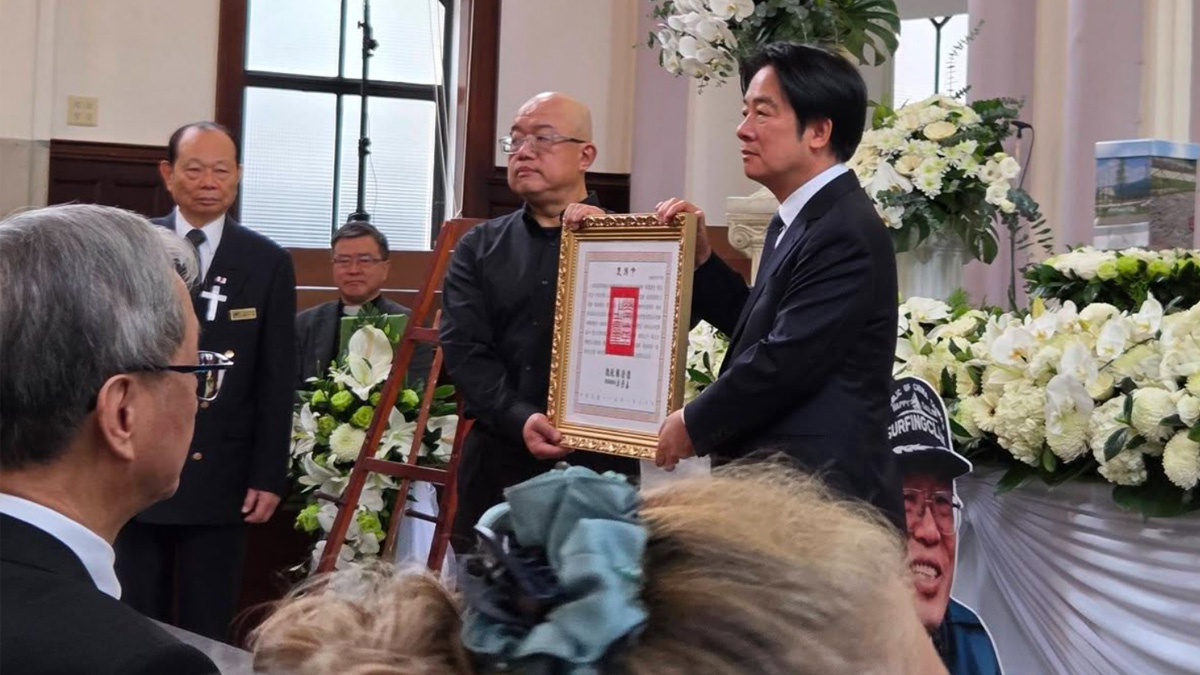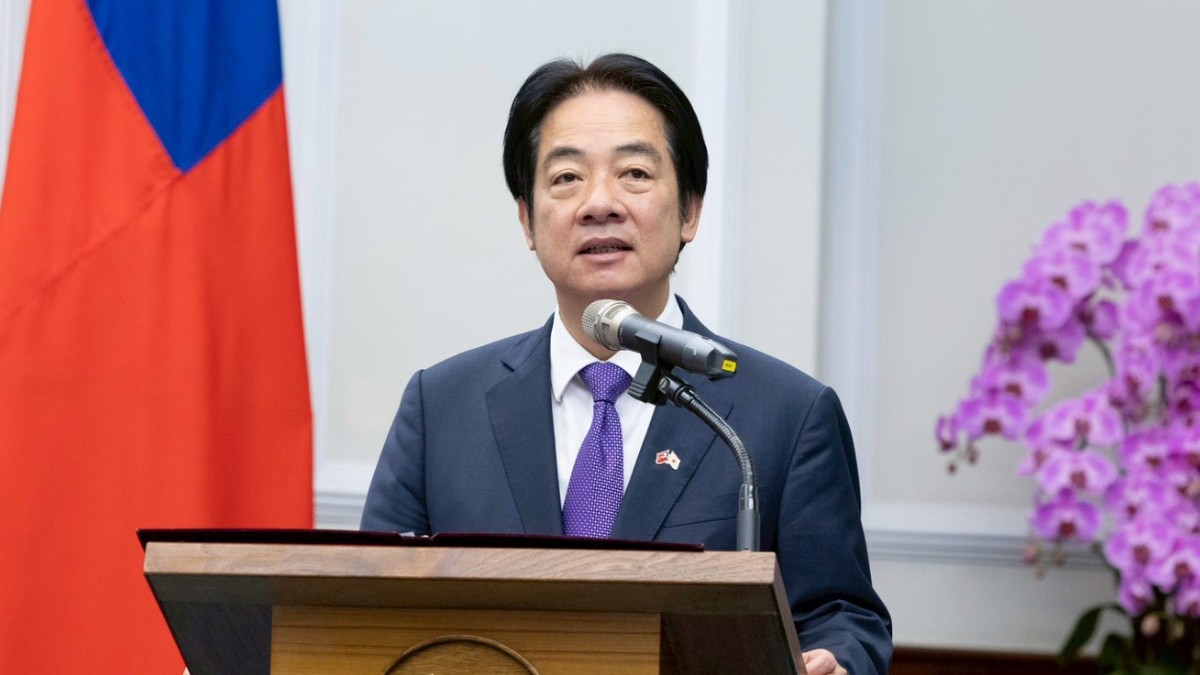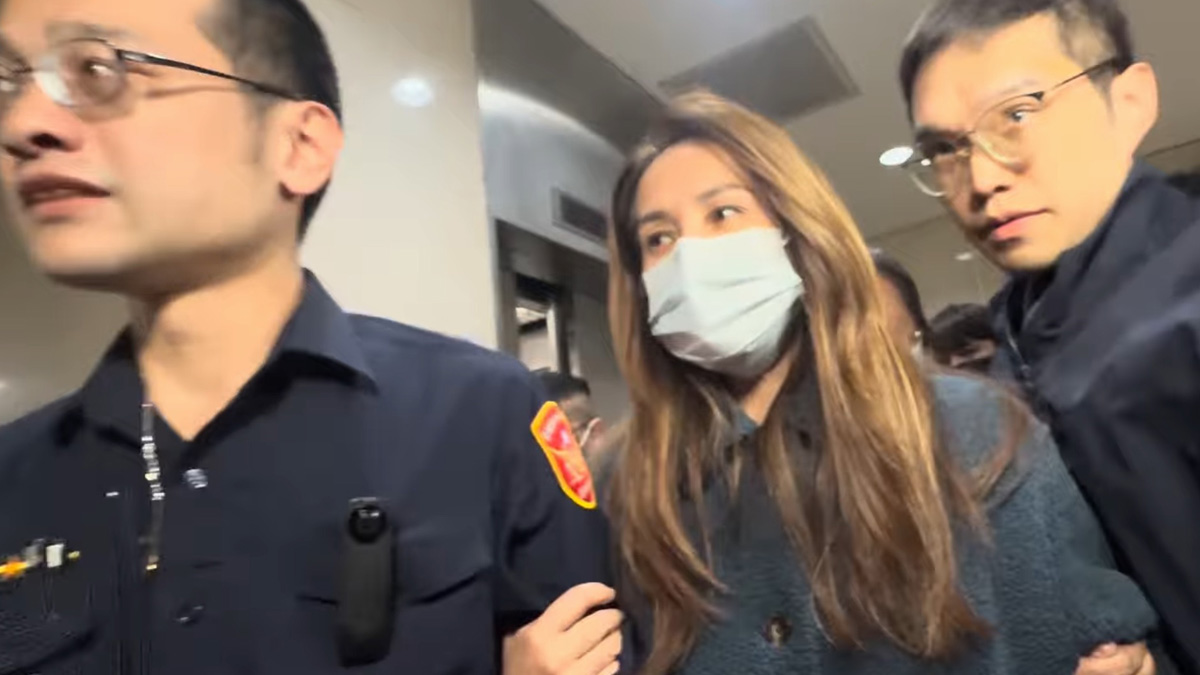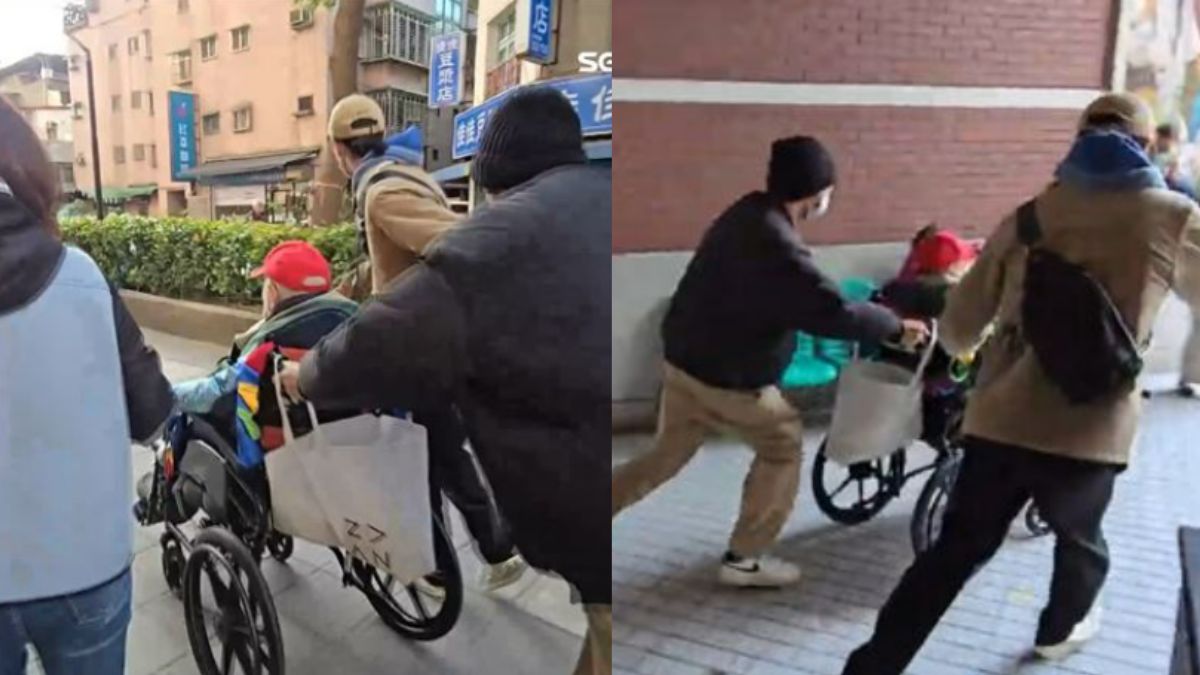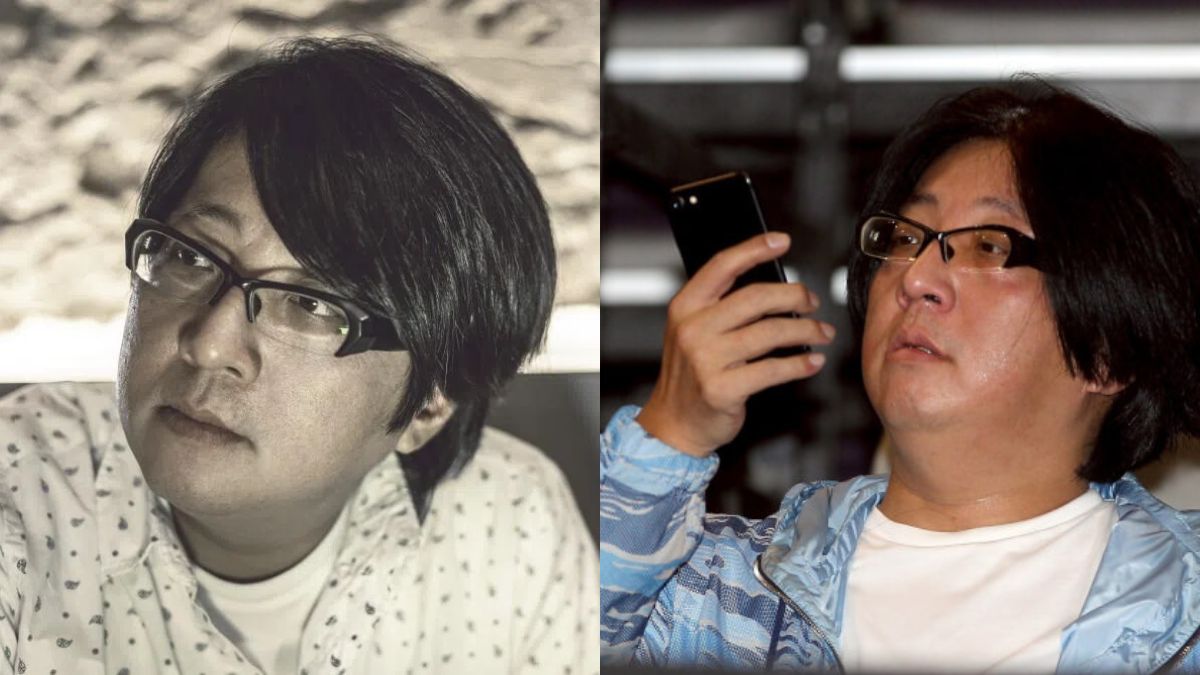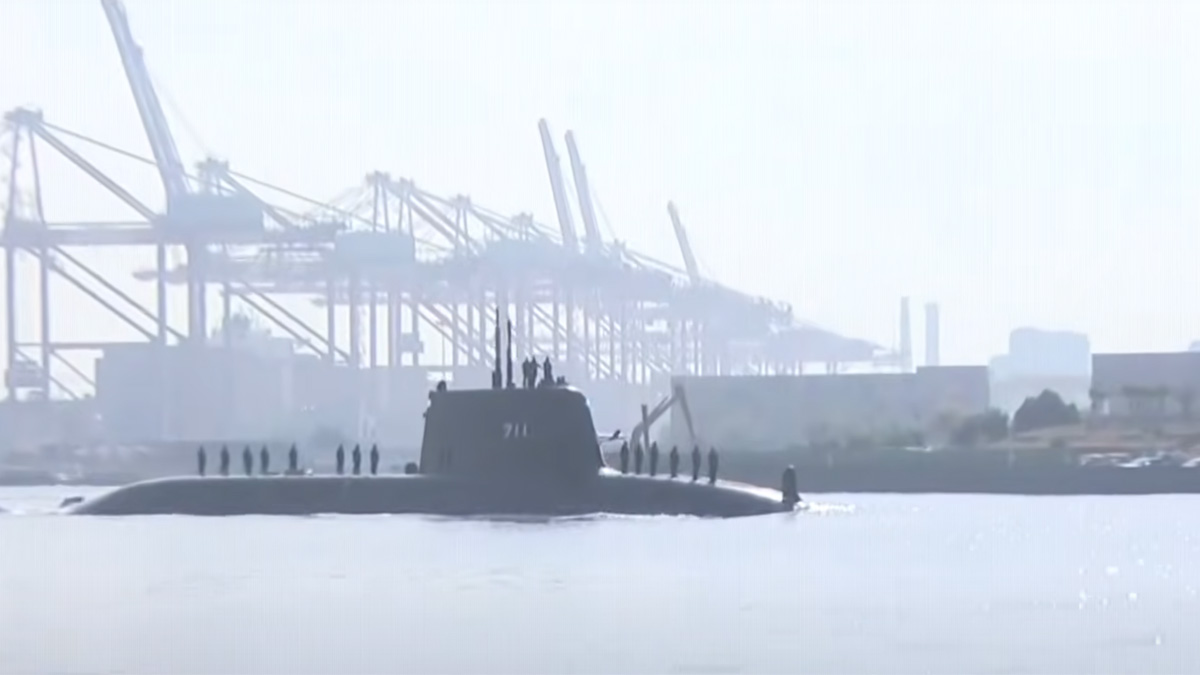Taiwan’s leader Lai Ching-te shares sushi lunch post after China’s Japan seafood ban, drawing Beijing’s rebuke
Taiwan’s leader Lai Ching-te posted a photo of himself eating sushi just a day after China reinstated a ban on Japanese seafood imports. Beijing swiftly condemned the move as political theatre, warning it does not change Taiwan’s status.

- Taiwan's leader Lai Ching-te posted a photo of himself eating Japanese sushi after China suspended seafood imports from Japan.
- Beijing condemned the post, reiterating its stance on Taiwan as part of China's territory.
- The gesture comes amid worsening China-Japan ties over comments by Japanese Prime Minister Sanae Takaichi on Taiwan.
Taiwan’s President Lai Ching-te posted a photo on social media on 20 November 2025 showing himself enjoying Japanese sushi, just one day after China officially suspended seafood imports from Japan. The timing drew a swift and sharp rebuke from Beijing.
In a press briefing the same day, Chinese Ministry of Foreign Affairs (MFA) spokesperson Mao Ning described Lai’s social media post as “a performance,” reiterating Beijing’s longstanding position on Taiwan.
“Taiwan is China’s Taiwan. Taiwan is an inseparable part of Chinese territory,” Mao said. “No matter how the Lai Ching-te administration tries to put on a show, it cannot change this iron-clad fact.”
Lai shared the photo across multiple platforms including Facebook, Instagram, Threads, and X (formerly Twitter). In the image, he holds a plate of sushi in one hand and lifts a piece with chopsticks in the other. His caption, in both Chinese and Japanese, reads: “Today’s lunch is sushi and miso soup.”
In a short video posted to Threads, Lai elaborated that the sushi featured yellowtail from Kagoshima and scallops from Hokkaido, alongside tamagoyaki made with Taiwanese eggs. “This fully demonstrates the strong friendship between Taiwan and Japan,” he said.
Lai’s post follows China’s renewed suspension of Japanese seafood imports, announced via official diplomatic channels on 19 November. The move, first reported by NHK and Kyodo News, was seen as part of Beijing’s retaliatory response to Japanese Prime Minister Sanae Takaichi’s recent parliamentary remarks suggesting that a Chinese military action against Taiwan could trigger Japan’s collective self-defence clause.
Takaichi’s comments prompted a wave of diplomatic retaliation from Beijing, including the seafood ban, travel warnings, and military manoeuvres near disputed maritime areas. China has repeatedly demanded that Japan retract the remarks, accusing Tokyo of stoking tensions over Taiwan.
Lai’s public show of support for Japanese cuisine may be interpreted as a symbolic gesture of solidarity with Japan amid escalating regional tensions. While the post focused on food and friendship, its timing and content appear designed to signal political alignment with Tokyo and a rejection of Beijing’s increasing pressure on both Taiwan and Japan.
There has been no immediate official response from the Japanese government regarding Lai’s post.
The incident underscores the increasingly symbolic role of consumer choices and soft diplomacy in the broader geopolitical contest over Taiwan. While China insists Taiwan remains a domestic issue, both Tokyo and Taipei have grown closer in recent years through trade, security dialogues, and cultural exchanges.
China continues to assert sovereignty over Taiwan and has not ruled out the use of force to achieve what it calls “reunification.” Taiwan, under Lai’s Democratic Progressive Party leadership, maintains that it is already a sovereign entity, though it stops short of a formal declaration of independence.


